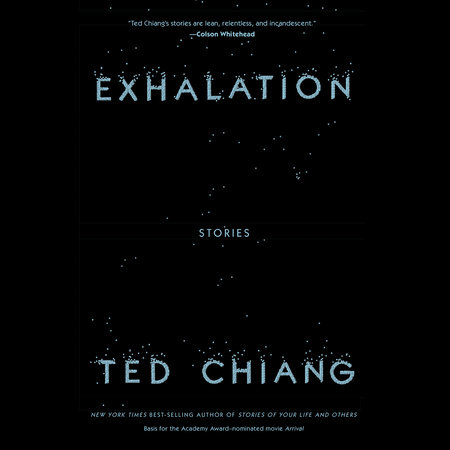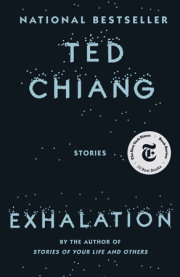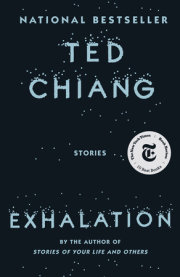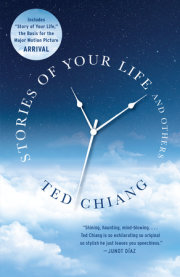THE MERCHANT AND THE ALCHEMIST'S GATE
O mighty Caliph and Commander of the Faithful, I am humbled to be in the splendor of your presence; a man can hope for no greater blessing as long as he lives. The story I have to tell is truly a strange one, and were the entirety to be tattooed at the corner of one’s eye, the marvel of its presentation would not exceed that of the events recounted, for it is a warning to those who would be warned and a lesson to those who would learn.
My name is Fuwaad ibn Abbas, and I was born here in Baghdad, City of Peace. My father was a grain merchant, but for much of my life I have worked as a purveyor of fine fabrics, trading in silk from Damascus and linen from Egypt and scarves from Morocco that are embroidered with gold. I was prosperous, but my heart was troubled, and neither the purchase of luxuries nor the giving of alms was able to soothe it. Now I stand before you without a single dirham in my purse, but I am at peace.
Allah is the beginning of all things, but with Your Majesty’s permission, I begin my story with the day I took a walk through the district of metalsmiths. I needed to purchase a gift for a man I had to do business with, and had been told he might appreciate a tray made of silver. After browsing for half an hour, I noticed that one of the largest shops in the market had been taken over by a new merchant. It was a prized location that must have been expensive to acquire, so I entered to peruse its wares.
Never before had I seen such a marvelous assortment of goods. Near the entrance there was an astrolabe equipped with seven plates inlaid with silver, a water clock that chimed on the hour, and a nightingale made of brass that sang when the wind blew. Farther inside there were even-more-ingenious mechanisms, and I stared at them the way a child watches a juggler, when an old man stepped out from a doorway in the back.
“Welcome to my humble shop, my lord,” he said. “My name is Bashaarat. How may I assist you?”
“These are remarkable items that you have for sale. I deal with traders from every corner of the world, and yet I have never seen their like. From where, may I ask, did you acquire your merchandise?”
“I am grateful to you for your kind words,” he said. “Everything you see here was made in my workshop, by myself or by my assistants under my direction.”
I was impressed that this man could be so well versed in so many arts. I asked him about the various instruments in his shop and listened to him discourse learnedly about astrology, mathematics, geomancy, and medicine. We spoke for more than an hour, and my fascination and respect bloomed like a flower warmed by the dawn, until he mentioned his experiments in alchemy.
“Alchemy?” I said. This surprised me, for he did not seem the sort to make such a sharper’s claim. “You mean you can turn base metal into gold?”
“I can, my lord, but that is not in fact what most seek from alchemy.”
“What do most seek, then?”
“They seek a source of gold that is cheaper than mining ore from the ground. Alchemy does describe a means to make gold, but the procedure is so arduous that, by comparison, digging beneath a mountain is as easy as plucking peaches from a tree.”
I smiled. “A clever reply. No one could dispute that you are a learned man, but I know better than to credit alchemy.”
Bashaarat looked at me and considered. “I have recently built something that may change your opinion. You would be the first person I have shown it to. Would you care to see it?”
Copyright © 2019 by Ted Chiang. All rights reserved. No part of this excerpt may be reproduced or reprinted without permission in writing from the publisher.








